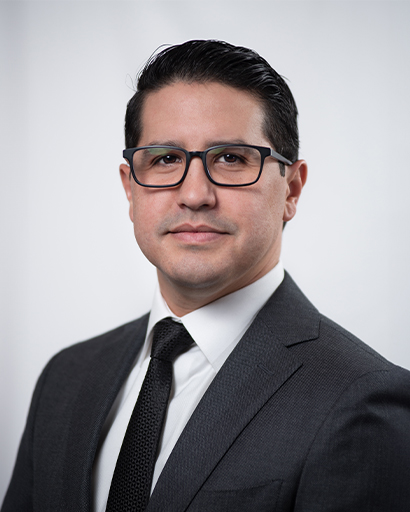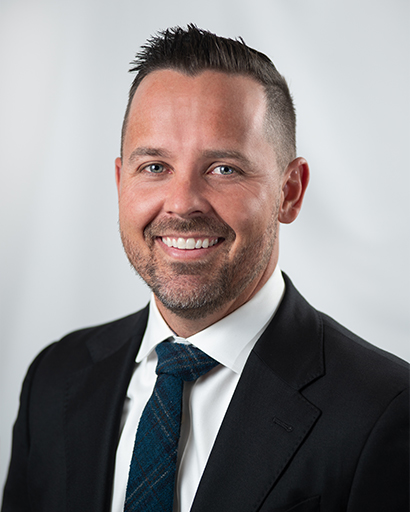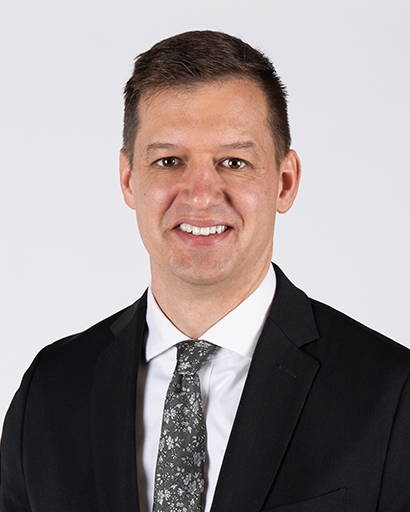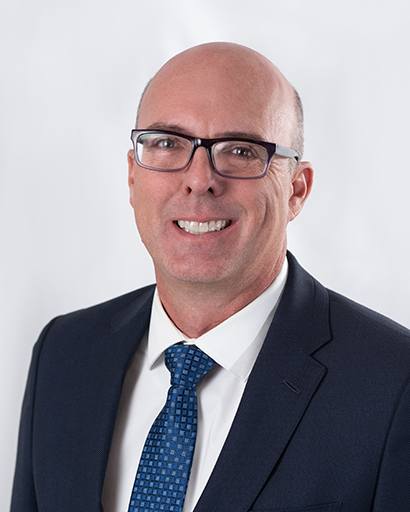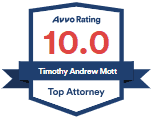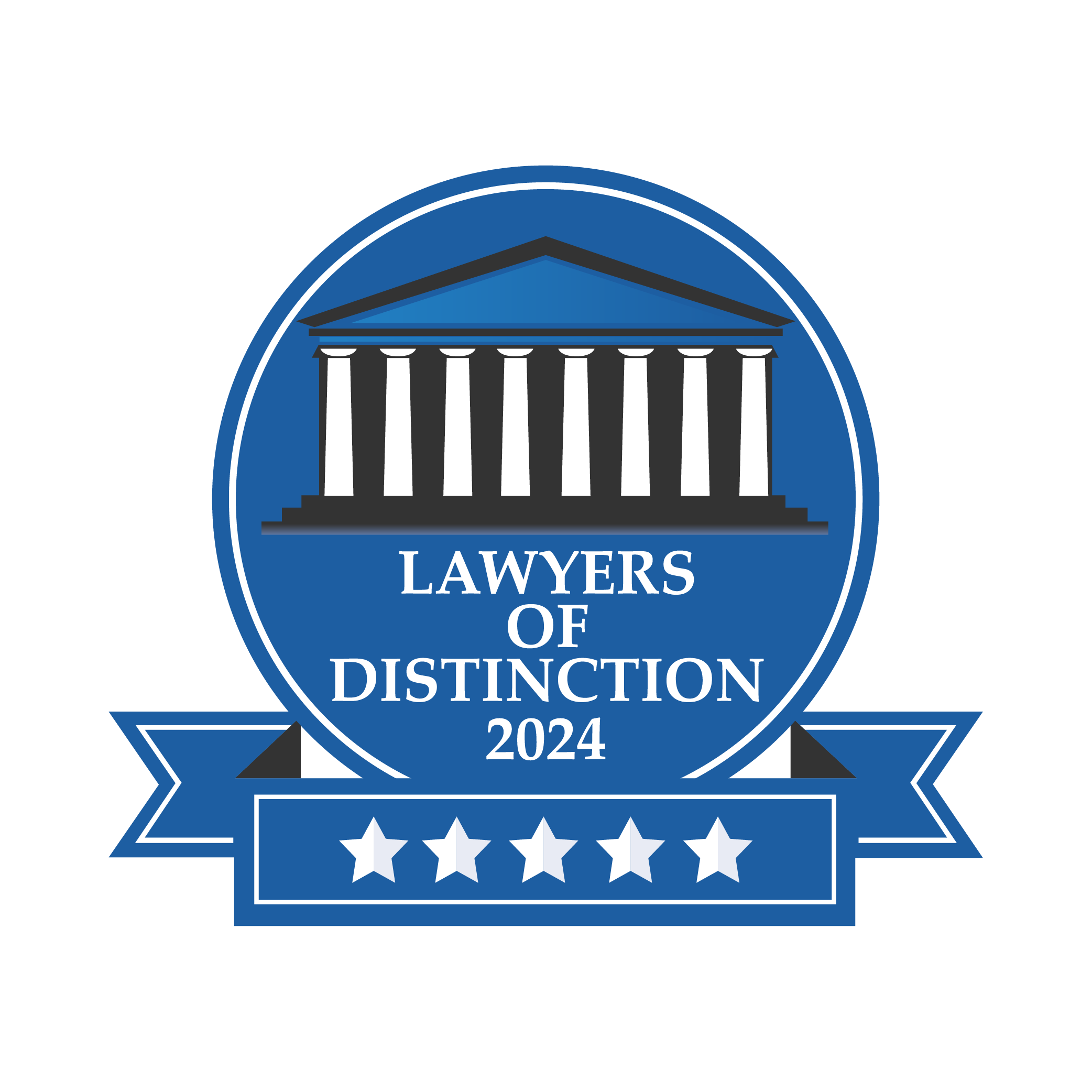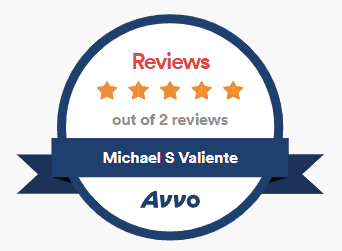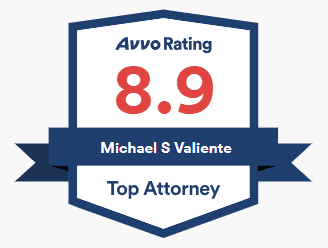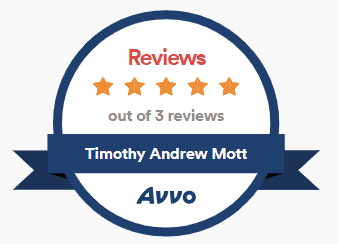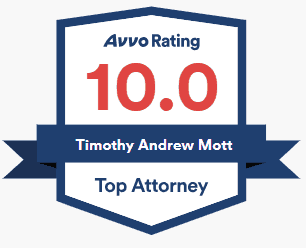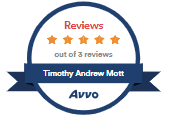If you’ve been injured in a car accident in Las Vegas, you face more than just physical pain. Medical bills, lost wages, and the stress of dealing with insurance companies can quickly become overwhelming. Aggressive insurance adjusters often try to minimize claims, which is why having an experienced Las Vegas car accident attorney on your side is critical.
At Valiente Mott Injury Attorneys, we focus exclusively on helping accident victims get the compensation and justice they deserve. With years of experience handling a wide range of motor vehicle accidents – including highway collisions on I-15 and US-95, crashes in Summerlin, Henderson, and throughout the Las Vegas Valley – we know the unique risks drivers face here.
Contact our Las Vegas personal injury lawyers online or call (702) 919-6768 today for a free consultation and take the first step toward the compensation and peace of mind you deserve.


40+ Years of ExperienceMillions RecoveredNo Win No Fee
Las Vegas’ Trusted
Injury Lawyers
From car crashes to wrongful death, we’re here to protect your rights. Valiente Mott Injury Attorneys will do what it takes to achieve the best results for your case.
Why Choose Valiente Mott Injury Attorneys for Your Car Accident Case in Las Vegas?
When you’ve been injured in a car accident in Las Vegas, you need aggressive representation from a trusted Las Vegas car accident lawyer who puts your recovery first. At Valiente Mott Injury Attorneys, we combine proven results with client-focused service to get you the compensation you deserve.
Our advantages include:
- 24/7 Client Access – Dedicated phone lines ensure you can reach us anytime, every day of the week.
- Proven Results – Over 500 five-star reviews and a 99% success rate speak for themselves.
- Personalized Advocacy – We tailor every case to your needs, offering expert legal guidance at every step.
- Free Consultation – No upfront fees; pay nothing unless we win your case.
- Medical Treatment Access – Even if you lack health insurance, we help you get the care you need.
Meet Our Experienced Las Vegas Car Accident Attorneys
awards & accolades
Notable Car Accident Case Results
What Our Clients Say
What to Do After a Car Accident in Las Vegas
Experiencing a car accident can be overwhelming, especially if you sustain serious injuries. Your health is the top priority, so seek immediate medical treatment. Delaying care can worsen injuries and prolong recovery. Here’s what to do after a crash:
- Stop and Check for Injuries – Nevada law requires you to stop after an accident that causes injuries or damage.
- Move Vehicles Safely – Avoid blocking traffic unless required for safety.
- Don’t Admit Fault – Let the investigation determine fault.
- Call Police – Always report accidents involving injuries or over $750 in damage.
- Contact a Las Vegas Car Accident Lawyer – Protect your rights before speaking to insurers.
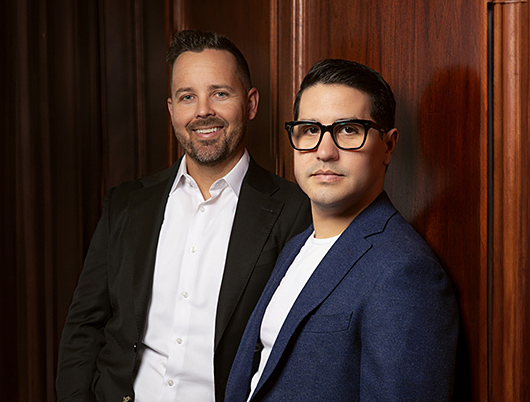
No feesNo pressure
You Don’t Pay Unless We Win Your Case
Our Las Vegas personal injury lawyers work on a contingency fee — that means you owe nothing unless we win.
The experienced team at Valiente Mott Injury Attorneys has a strong track record of successfully representing victims of motor vehicle accidents.
For a free consultation, call (702) 919-6768 or fill out our online form.
Types of Car Accidents We Handle in Las Vegas
In Nevada, traffic-related crashes had claimed 97 lives by mid-April 2024, an almost 40% increase from the previous year. At Valiente Mott Injury Attorneys, we handle all types of car accidents throughout Las Vegas, Henderson, and Clark County, including:
- Rear-End Collisions – One of the most common types of accidents, often causing neck and back injuries
- T-Bone Collisions – Dangerous accidents typically occurring at intersections
- Head-On Collisions – High-impact crashes often resulting in serious injuries or fatalities
- Multi-Vehicle Accidents – Chain-reaction crashes involving multiple vehicles
- Single-Vehicle Accidents – Crashes involving driver error, road conditions, or mechanical failure
- Rollover Accidents – Dangerous accidents where vehicles flip onto their side or roof
- Intersection Accidents – Caused by drivers ignoring signals or speeding through intersections
- Hit-and-Run Accidents – When a driver flees the scene without stopping
- Drunk Driving Accidents – Crashes caused by impaired drivers
- Distracted Driving Accidents – Collisions resulting from texting, phone use, or other distractions
If you don’t see your type of accident listed, don’t worry. No matter the circumstances, our experienced car accident attorneys in Las Vegas are here to help you through the claims process and fight for the compensation you deserve.
Injuries Commonly Caused by Car Accidents
Car accidents in Las Vegas can cause a wide range of injuries, from minor bruises to life-altering trauma. Many of these injuries require ongoing treatment and may justify a personal injury claim for medical costs, lost wages, and pain and suffering. Common examples include:
- Soft tissue injuries – sprains, strains, and whiplash caused by sudden impact; often result in lingering pain and stiffness.
- Spinal injuries – herniated discs, nerve damage, or fractures in the back or neck that can lead to chronic pain or paralysis.
- Traumatic brain injuries (TBI) – concussions and other brain trauma from a violent jolt or blow to the head.
- Broken bones – fractures to the arms, legs, ribs, or pelvis, sometimes requiring surgery or long-term rehab.
- Internal injuries – organ damage or internal bleeding from the force of the collision.
- Cuts and bruises – lacerations from shattered glass or debris that may leave lasting scars.
If you suffered any of these injuries in a Las Vegas car accident, speak with an experienced attorney as soon as possible to protect your rights and pursue the compensation you deserve.
How We Maximize Your Car Accident Settlement
At Valiente Mott Injury Attorneys, we understand that every car accident case is unique. Our approach to maximizing your settlement includes:
Thorough Investigation
We conduct comprehensive investigations of your accident, gathering all available evidence including police reports, witness statements, traffic camera footage, and accident reconstruction when necessary. Our team works with expert witnesses to build the strongest possible case.
Accurate Damage Calculation
We ensure all your damages are properly documented and valued, including current and future medical expenses, lost wages and loss of earning capacity, property damage, pain and suffering, and emotional distress. Many victims underestimate the true value of their claim—we make sure you receive full compensation.
Aggressive Negotiation
Insurance companies often try to minimize payouts. Our experienced Las Vegas car accident lawyers know their tactics and negotiate aggressively on your behalf. We’re prepared to take your case to trial if necessary to secure the compensation you deserve.
No Fees Unless We Win
We work on a contingency fee basis, meaning you pay nothing upfront and only pay attorney fees if we successfully recover compensation for you. This allows you to focus on your recovery while we handle the legal complexities.
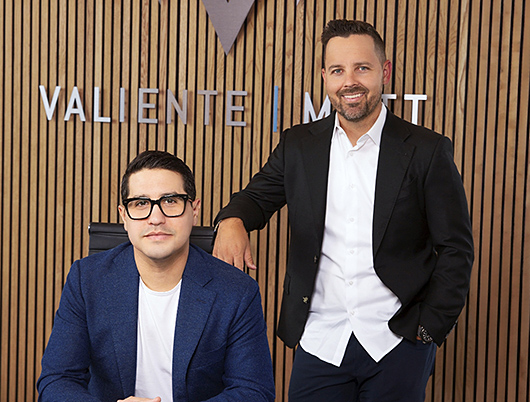
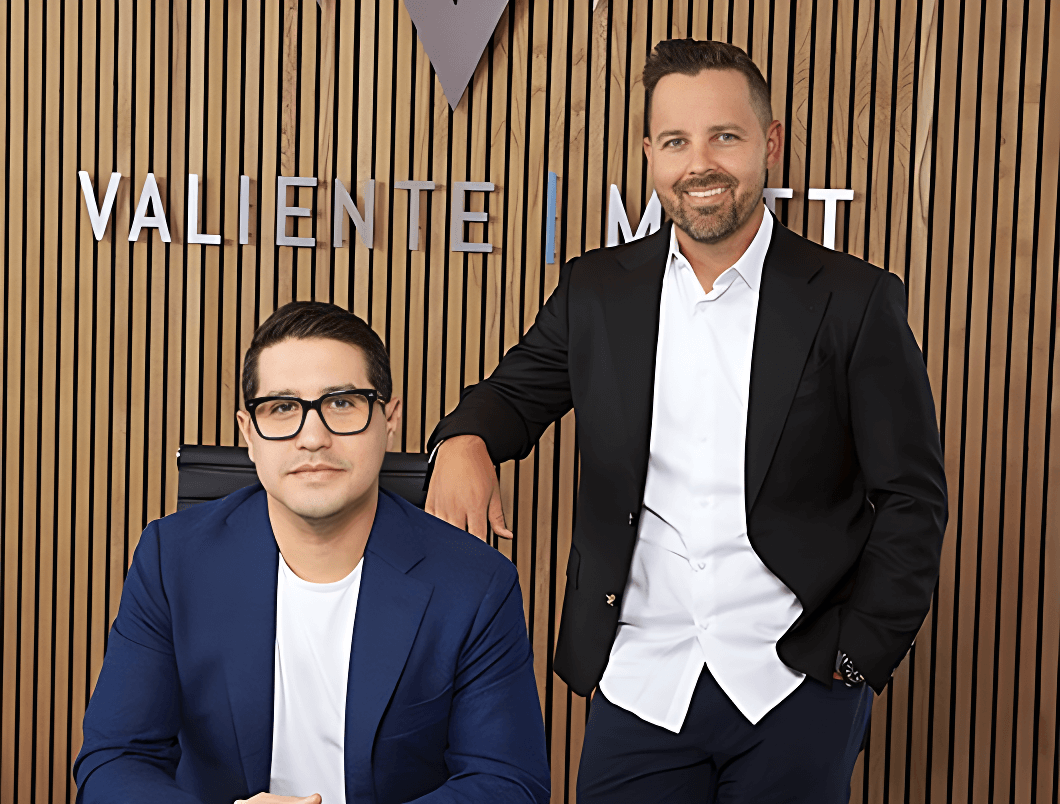
Don’t Wait to Start Your Claim
The sooner you contact our Las Vegas injury attorneys, the stronger your case becomes. We’ll handle the insurance companies and paperwork while you focus on recovery.
Understanding Car Accident Laws in Nevada
Nevada is a “fault” state for car accidents, meaning the driver who caused the accident is financially responsible for damages. Understanding Nevada’s car accident laws is crucial to protecting your rights:
Statute of Limitations
Under NRS 11.190, individuals have two (2) years from the date of the collision to file a lawsuit for personal injury or wrongful death resulting from a car wreck. This statute of limitations is crucial because if a lawsuit is filed after this two-year period, the court is likely to dismiss the case.
Important Exception: If the automobile accident involves a government entity, you must first file a written claim with the Nevada State Board of Examiners within six (6) months of the accident.
Comparative Negligence
Nevada follows a modified comparative negligence system. You can still recover damages even if you were partially at fault, but your compensation may be reduced by your percentage of fault in the accident. If you’re found to be 50% or more at fault, you cannot recover damages.
Minimum Insurance Requirements
Under Nevada law, all drivers must carry minimum levels of insurance:
- $15,000 for bodily injury or death of one person per accident
- $30,000 for bodily injury or death of multiple people per accident
- $10,000 for property damage per accident
Driving without this required coverage can result in serious legal and financial consequences.
Who Is Liable in a Las Vegas Car Accident?
Determining liability in a car accident is a critical step in recovering compensation. Nevada follows a comparative negligence law, meaning fault can be shared among multiple parties.
Fault Determination Process
Fault is determined by analyzing the circumstances of the crash, including traffic violations, eyewitness accounts, and accident reports. Factors such as speeding, distracted driving, or failure to yield can influence liability. Engaging a Las Vegas car accident lawyer ensures a thorough investigation and strengthens your claim.
Evidence Types Used in Court
Courts and insurance companies rely on multiple forms of evidence to establish fault:
- Police reports documenting the scene and citations
- Photographs or video footage of the accident
- Witness statements corroborating events
- Medical records showing the extent of injuries
- Expert testimony, such as accident reconstruction
What Compensation Can You Recover After a Las Vegas Car Accident?
If you’ve been injured in a car accident in Las Vegas, you may be entitled to various types of compensation:
Economic Damages
- Medical Expenses – Hospital bills, surgery costs, medication, physical therapy, and future medical care
- Lost Wages – Income lost due to time away from work during recovery
- Loss of Earning Capacity – Reduced ability to earn income in the future due to permanent injuries
- Property Damage – Repair or replacement costs for your vehicle and personal belongings
Non-Economic Damages
- Pain and Suffering – Physical pain and discomfort resulting from your injuries
- Emotional Distress – Anxiety, depression, PTSD, and other psychological impacts
- Loss of Enjoyment of Life – Inability to participate in activities you once enjoyed
- Loss of Consortium – Impact on your relationship with your spouse
Punitive Damages
In cases involving especially reckless or intentional misconduct (such as drunk driving), Nevada courts may award punitive damages designed to punish the at-fault party and deter similar behavior.

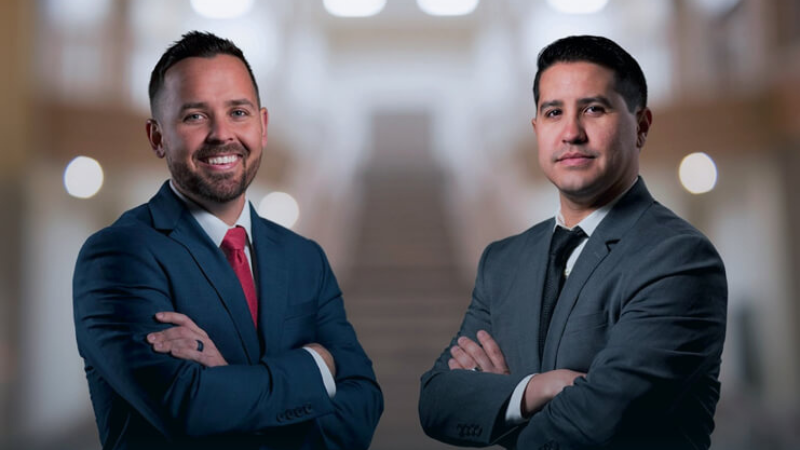
ExperiencedCompassionateRelentless
Your Las Vegas Injury Lawyers
We’ve helped thousands of clients across the Las Vegas valley recover millions in verdicts and settlements.
The value of your claim depends on numerous factors including the severity of your injuries, the extent of property damage, the clarity of fault, and the insurance coverage available. Our experienced Las Vegas car accident attorneys will work to maximize your compensation.
Factors That Impact Case Value
- Severity and permanence of injuries
- Extent of liability and comparative negligence
- Quality of evidence, including accident reports and medical records
- Insurance coverage limits and available compensation
- Legal representation and negotiation strategy
Contact us today online or call (702) 919-6768 for a free case review to understand the potential value of your Las Vegas car accident claim. Our experienced attorneys will assess your situation, gather evidence, and fight for the maximum compensation you deserve.
Frequently Asked Questions About Las Vegas Car Accidents
What should I do immediately after a car accident in Las Vegas?
After a car accident, call 911, exchange information, and seek medical care right away. Then contact Valiente Mott Injury Attorneys to protect your rights.
How long do I have to file a car accident claim in Nevada?
You generally have two years from the date of the accident to file a claim in Nevada. Don’t wait — call Valiente Mott Injury Attorneys today to get started.
What if the other driver doesn’t have insurance?
If the other driver is uninsured, you may still recover compensation through your own policy or a lawsuit. Contact Valiente Mott Injury Attorneys to explore your options.
How is fault determined in a car accident case?
Fault is determined through police reports, witness statements, and evidence from the scene. Valiente Mott Injury Attorneys can investigate and build your case.
What damages can I recover in a car accident claim?
You may recover medical bills, lost wages, property damage, and pain and suffering. Call Valiente Mott Injury Attorneys to find out what your case may be worth.
Contact Valiente Mott Injury Attorneys Today
At Valiente Mott Injury Attorneys, we understand the challenges you’re facing, and we’re here to help you every step of the way. Contact us today for a free consultation, where our dedicated team of legal experts will listen to your story and provide you with personalized guidance tailored to your unique situation.
Together, our law firm will build a strong case and fight for the compensation you deserve. Your path to recovery and justice starts here – let’s take that first step together!
Call us at (702) 919-6768 or fill out our online form to schedule your appointment.
